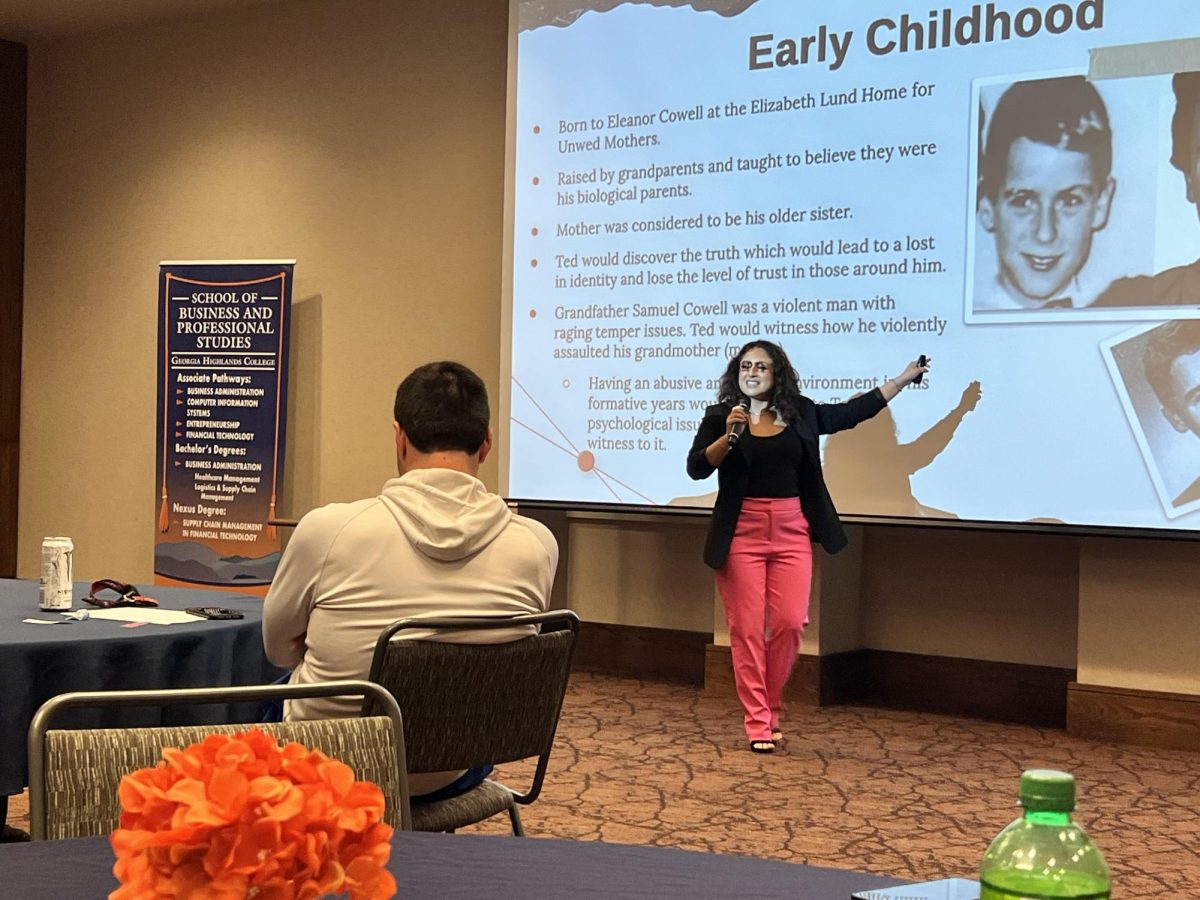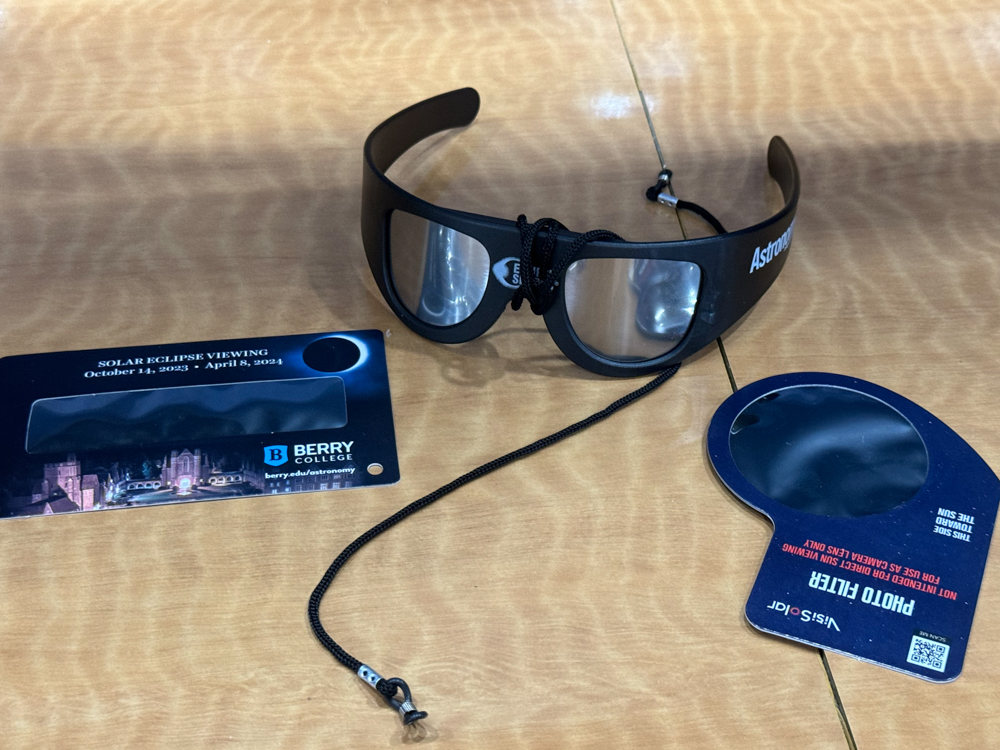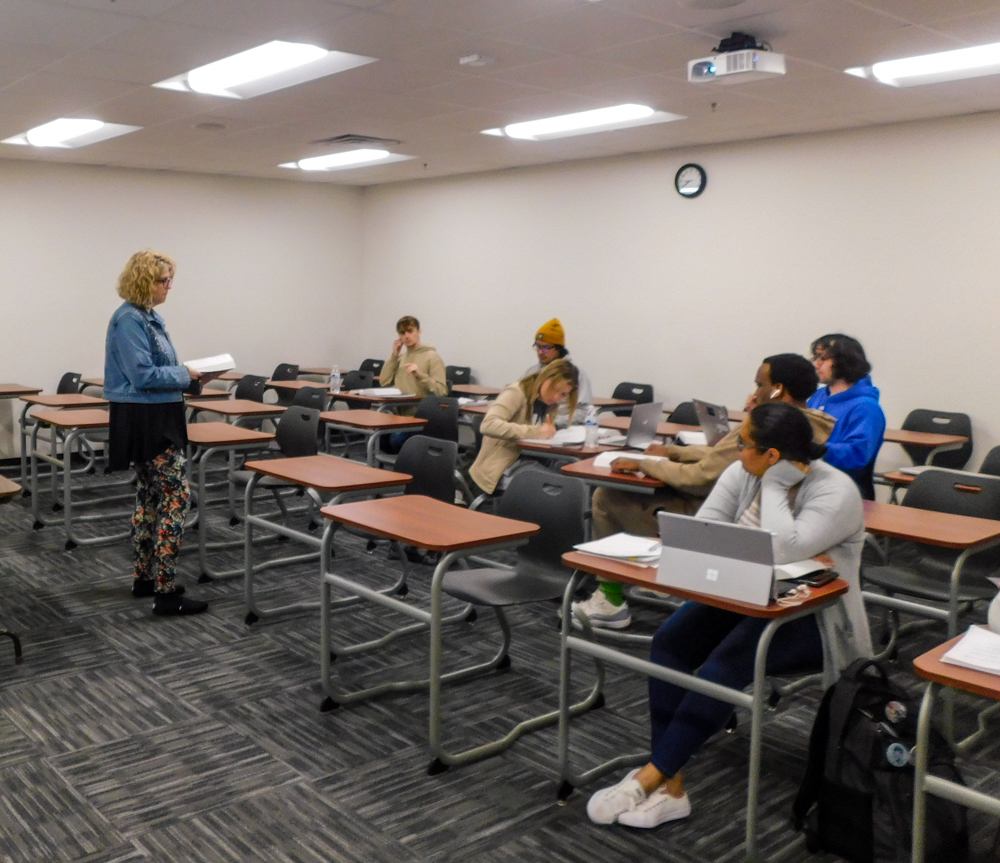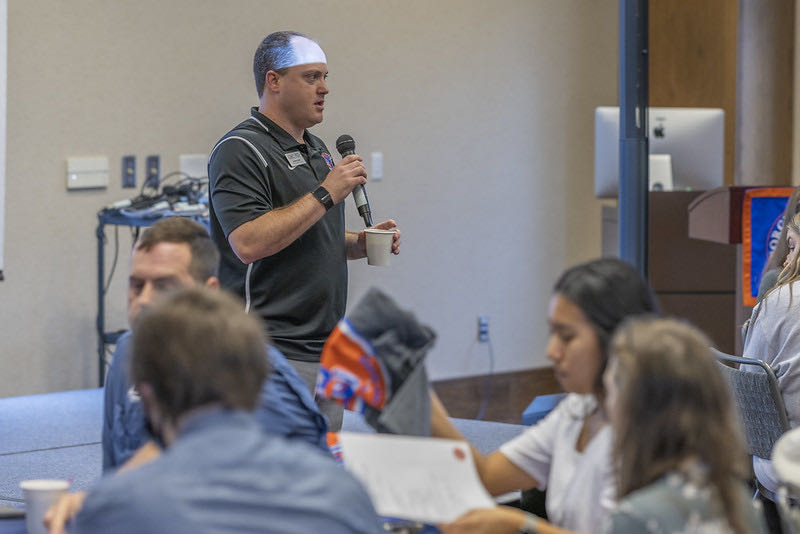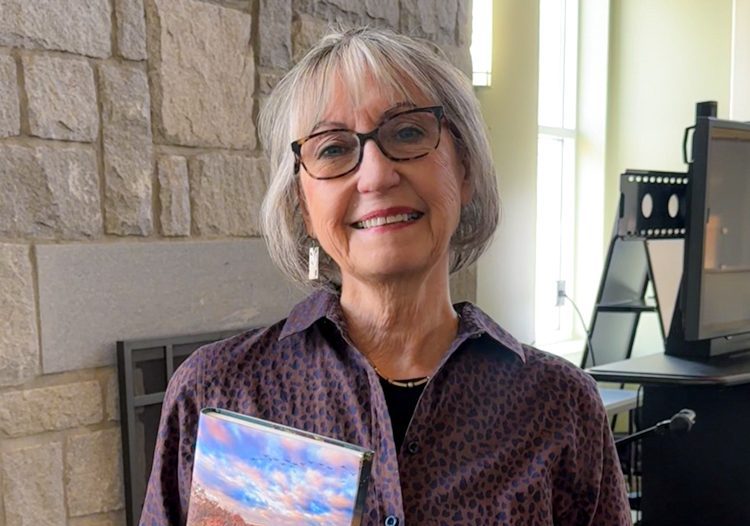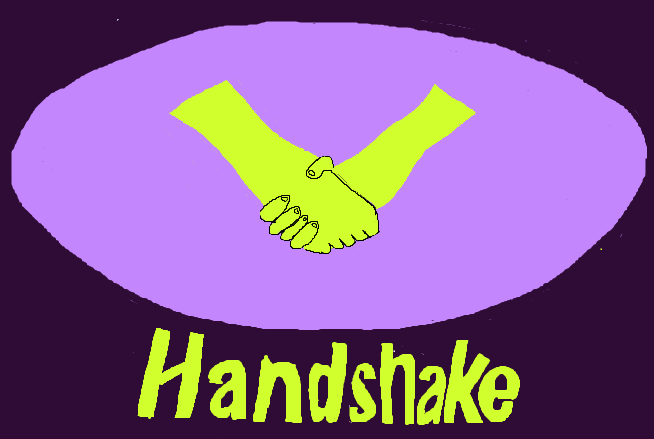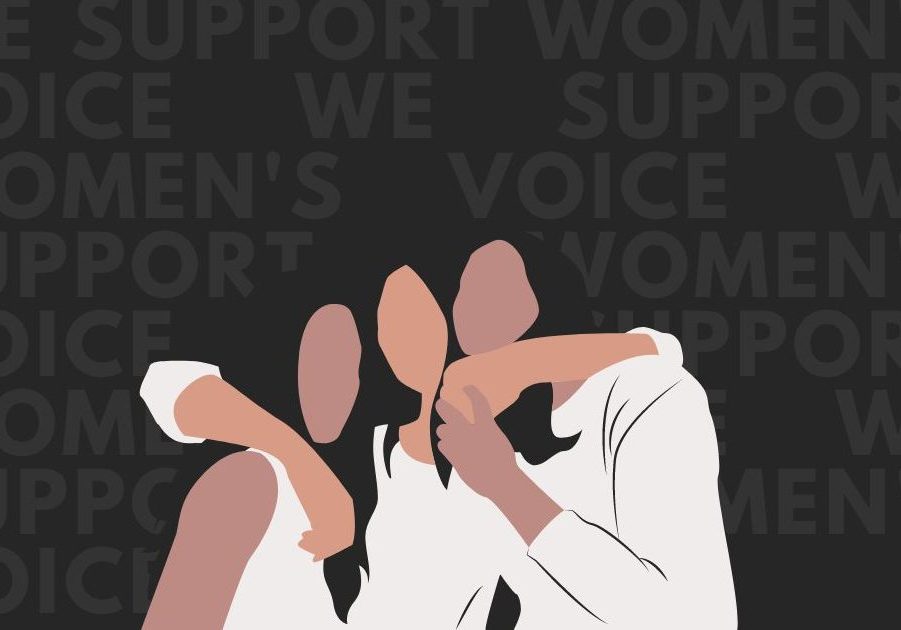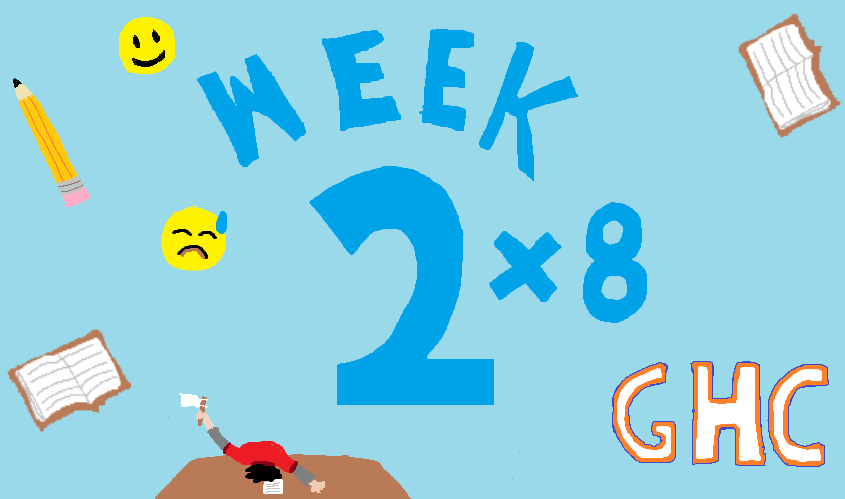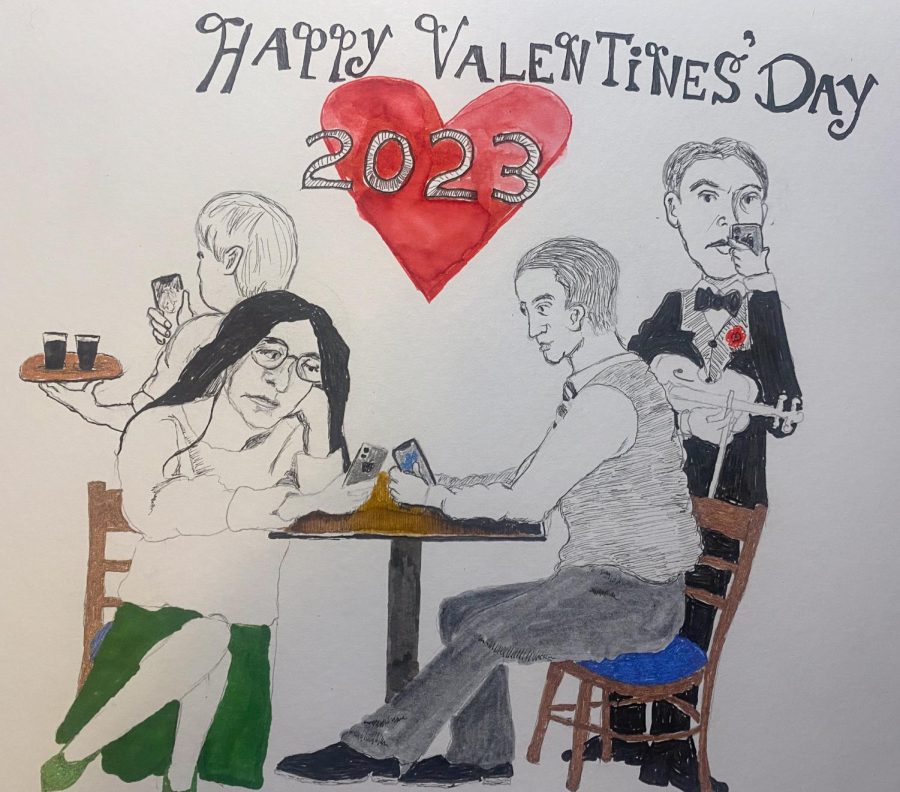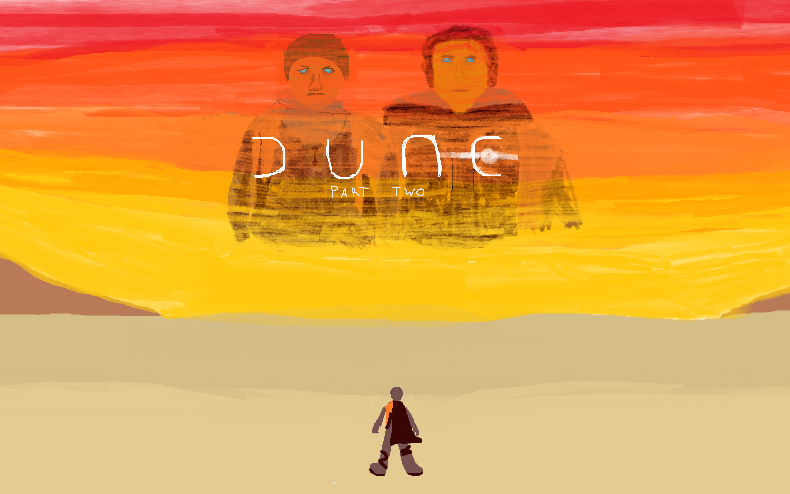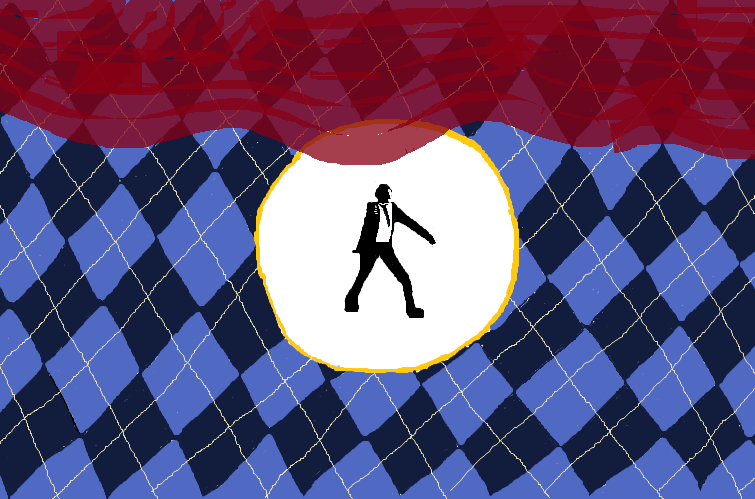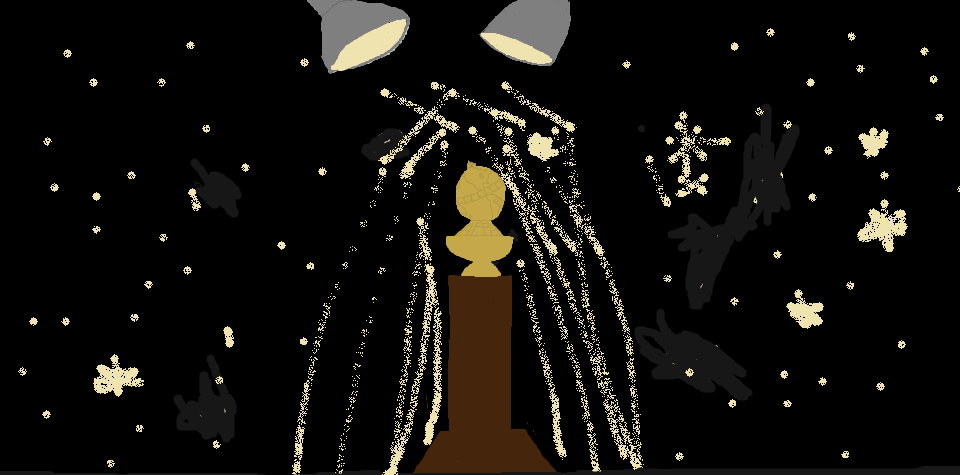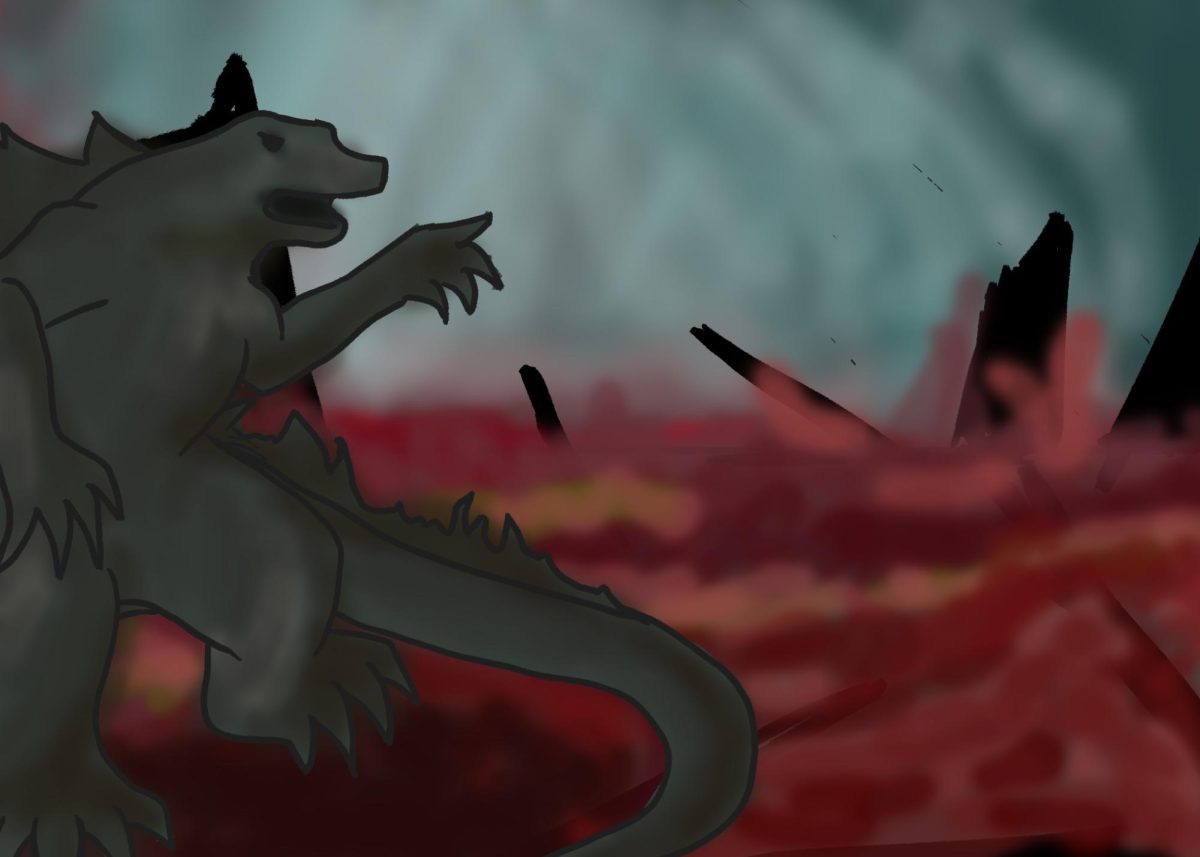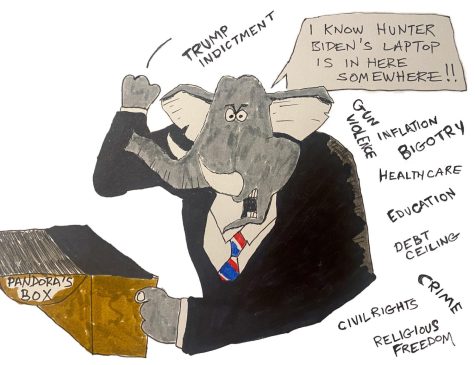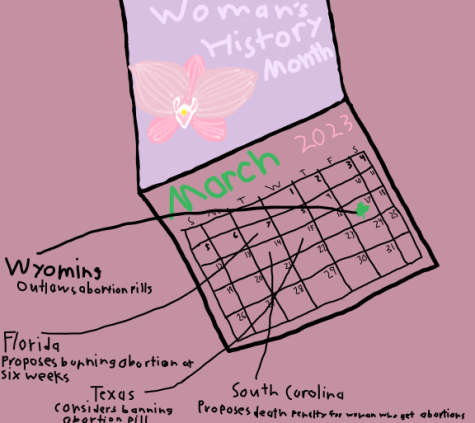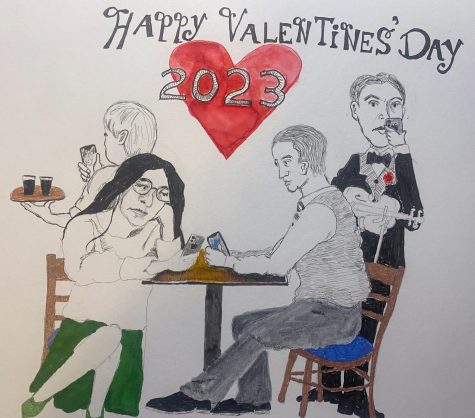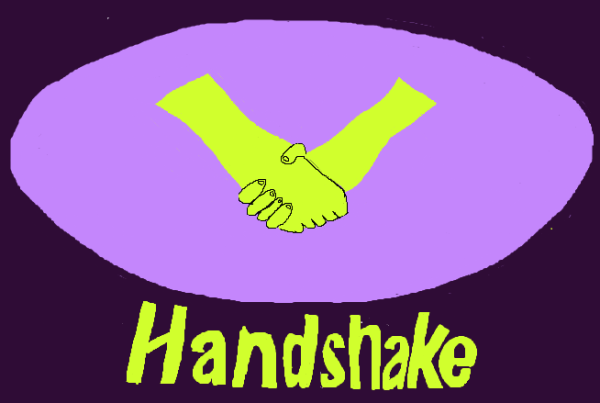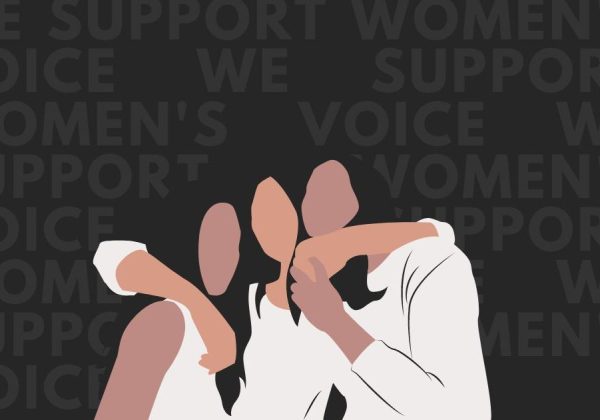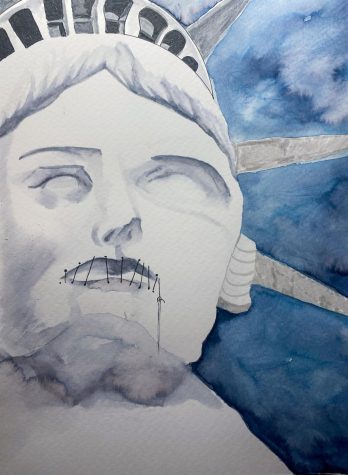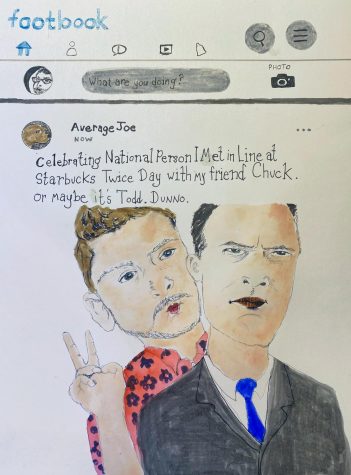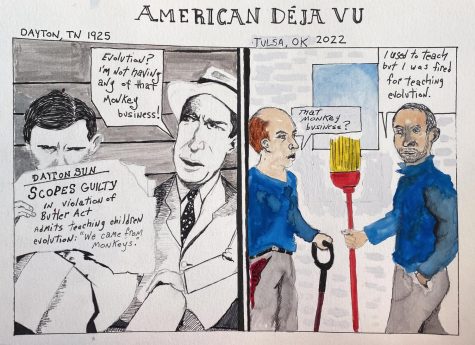White savior and black trauma films may cause psychological wounds for some viewers
White savior complexes have existed long before their depictions on-screen, while a vast majority of black films center around the trauma that was ingrained into the fabric of the making of our nation. When it comes to depicting black stories enticingly, Hollywood should think about how this could affect the black community as a whole.
The term white savior is defined as a cinematic trope where a white person provides help to non-white people in a self-serving manner. A lot of the movies you grew to love during your journey to becoming more socially aware of the black community stumbled and missed their mark completely, trying to deliver their anti-racist sentiments. Take the film “The Help” for instance. It paints the maids in the image of people who are no longer in charge of their fate, leaving it up to white people. Emma Stone’s character, in particular, is the one giving them the rights they deserve. Viola Davis herself regrets participating in this movie.
”It wasn’t the voices of the maids that were heard,” Davis said, “I know Minny [played by Oscar-winning Octavia Spencer]. They’re my grandma. They’re my mom. And I know that if you do a movie where the whole premise is, ‘I want to know what it feels like to work for white people and to bring up children in 1963, I want to hear how you really feel about it,’ I never heard that in the course of the movie.”
At a young age, I remember feeling so much joy seeing people who resembled my loved ones and me on screen, showing the struggles and telling the stories of the ones who came before us. Some have left such a scarring image in my mind. “12 Years a Slave,” is the movie that subjected me to my first experience with the Black Trauma film category. According to Mental Health America, black trauma is defined as racial trauma or race-based traumatic stress (RBTS), referring to the mental and emotional injury caused by encounters with racial bias, ethnic discrimination and hate crimes. The director of the film, Steve McQueen, credits the importance of violent imagery to the need of the audience to understand not just the physical abuse elements of slavery but the psychological as well.
“… Once you’ve left the cinema, the story continues,” McQueen said, “Over a century and a half to the present day. I mean, you see the evidence of slavery as you walk down the street. The prison population, mental illness, poverty, education. We could go on forever.”
As entertaining as they might be, white savior pieces make it seem like black people and people of color wouldn’t be able to accomplish anything without the guiding hand of a white person, which is far from the truth. We do appreciate white allies but they should not be put on a pedestal for doing the bare minimum. Our accomplishments should not be diminished. There’s also a multitude of films that can accurately educate one on the many facets of black history without leaving a psychological wound. Be sure to watch films such as “13th,” “When They See Us,” and “BlacKkKlansman,” as such examples.



